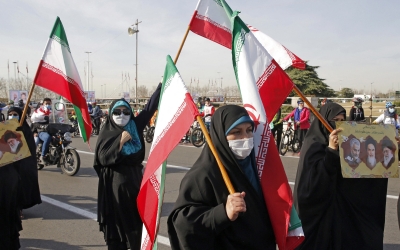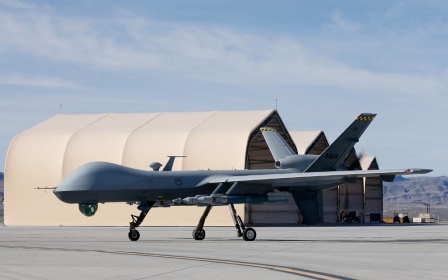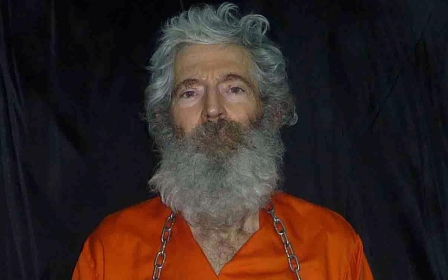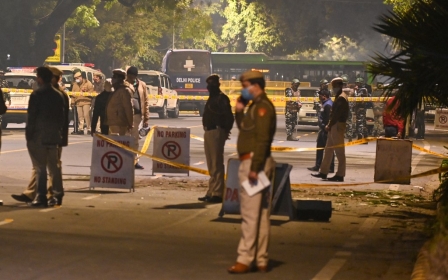Biden administration sanctions two Iranian officials over rights abuses
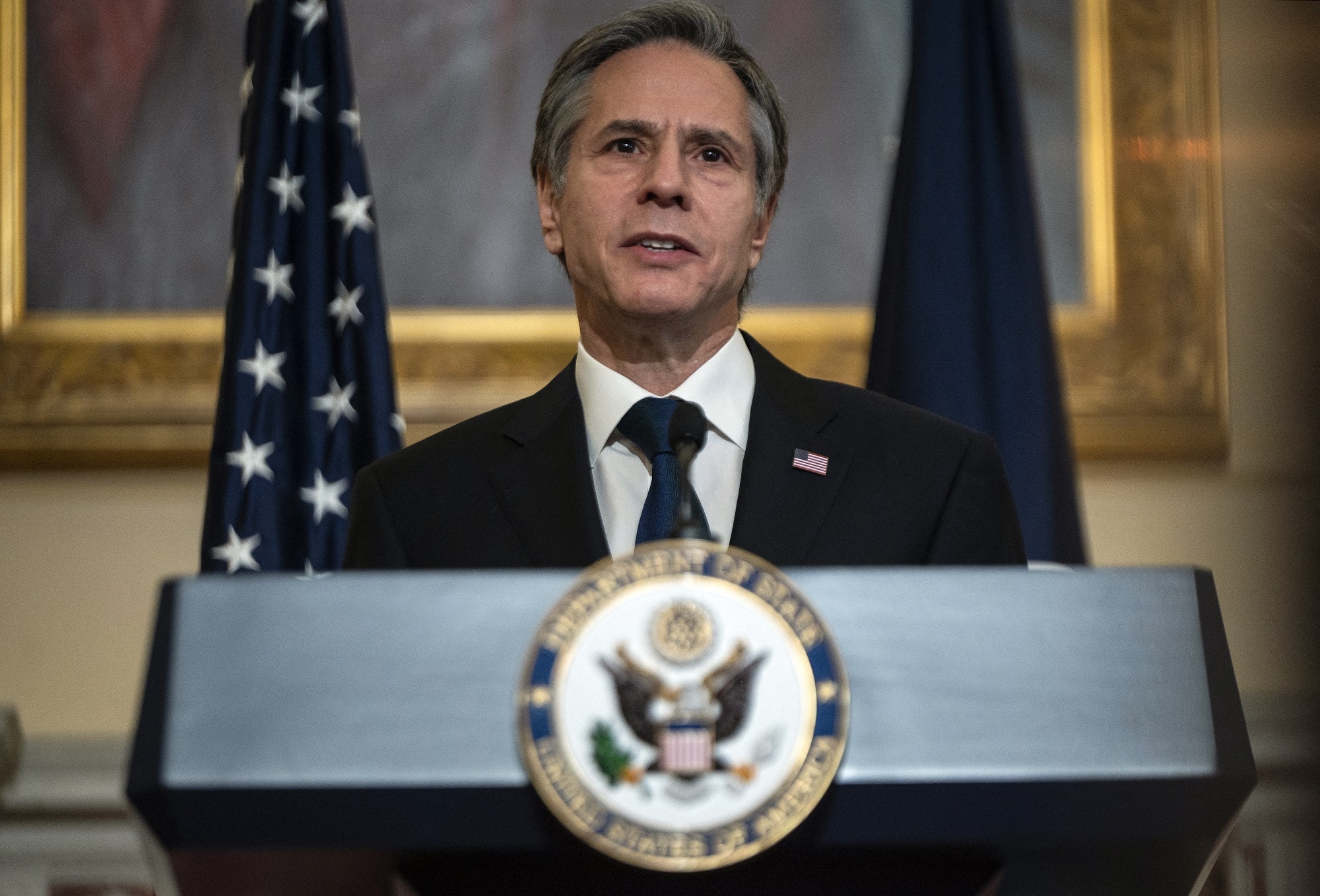
The US imposed visa bans on two Iranian officials over human rights abuses in the first announcement of new sanctions against Tehran since President Joe Biden took office in January.
Secretary of State Antony Blinken announced the measures on Tuesday, accusing Islamic Revolutionary Guard Corps (IRGC) interrogators Ali Hemmatian and Masoud Safdari of committing "gross violations of human rights", including the torture of detained anti-government protesters in 2019 and 2020.
"We will continue to consider all appropriate tools to impose costs on those responsible for human rights violations and abuses in Iran," Blinken said in a statement.
"We will also work with our allies to promote accountability for such violations and abuses. The United States will continue to support the rights of people in Iran and demand the Iranian government treat its people with respect and dignity."
Later on Tuesday, State Department spokesman Ned Price appeared to disassociate the sanctions from the broader confrontation and efforts to revive diplomacy with Iran.
New MEE newsletter: Jerusalem Dispatch
Sign up to get the latest insights and analysis on Israel-Palestine, alongside Turkey Unpacked and other MEE newsletters
"We can pursue what is in our interests - and an Iran that is permanently and verifiably barred from ever obtaining a nuclear weapon is in our interests - just as we uphold and act in accordance with our values," Price told reporters.
"And it is consistent with our values to make clear that there will be consequences for the sort of gross violations of human rights that these individuals engaged in."
JCPOA impasse
The Biden administration has said it seeks to revive the nuclear deal with Iran and make it longer and stronger to use it as a platform to address regional issues and Tehran's ballistic missile programme.
Former President Donald Trump had nixed the multilateral deal, known as the Joint Comprehensive Plan of Action (JCPOA), in 2018.
The agreement saw Iran scale back its nuclear programme in exchange for lifting sanctions against its economy.
Since then Iran has been downgrading its commitments to the accord and enriching uranium beyond the limits set by the agreement.
Despite Biden's criticism of Trump's maximum pressure campaign of sanctions against Iran, Tehran and the new US administration have not been able to revive the deal, with each side arguing that the other should return to full compliance first.
Earlier on Tuesday, 140 Congress members from both major parties sent a letter to Blinken calling on the administration to pursue a "comprehensive" approach to Iran that would address the Islamic Republic's missile programme and regional activity in addition to the nuclear issue.
"Since the Joint Comprehensive Plan of Action (JCPOA) entered into force, Iran has continued to test ballistic missile technology that could potentially be applied to nuclear capable missiles, funded and supported terrorism throughout the Middle East, and engaged in cyber attacks to disrupt the global economy," the letter said.
Middle East Eye delivers independent and unrivalled coverage and analysis of the Middle East, North Africa and beyond. To learn more about republishing this content and the associated fees, please fill out this form. More about MEE can be found here.


